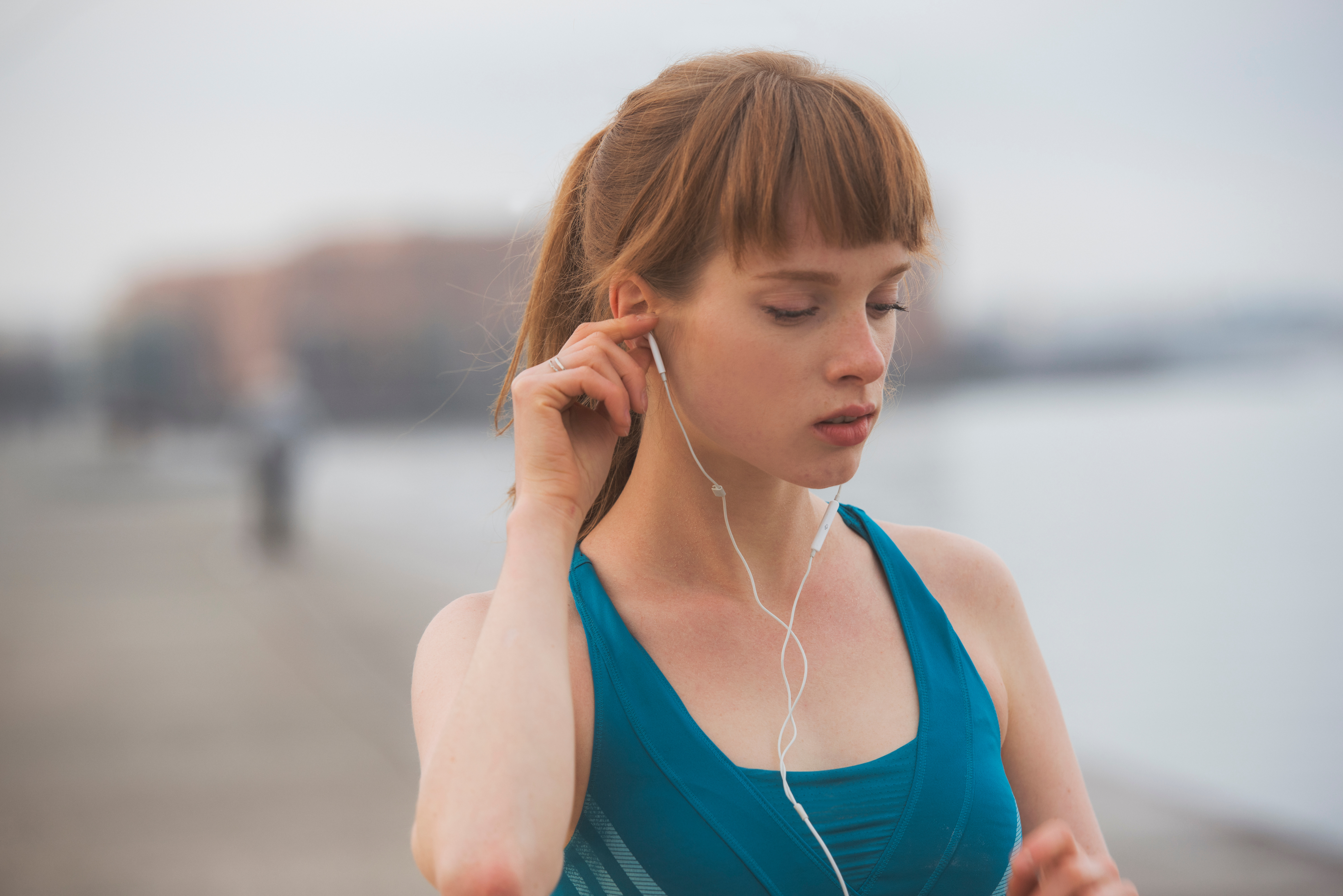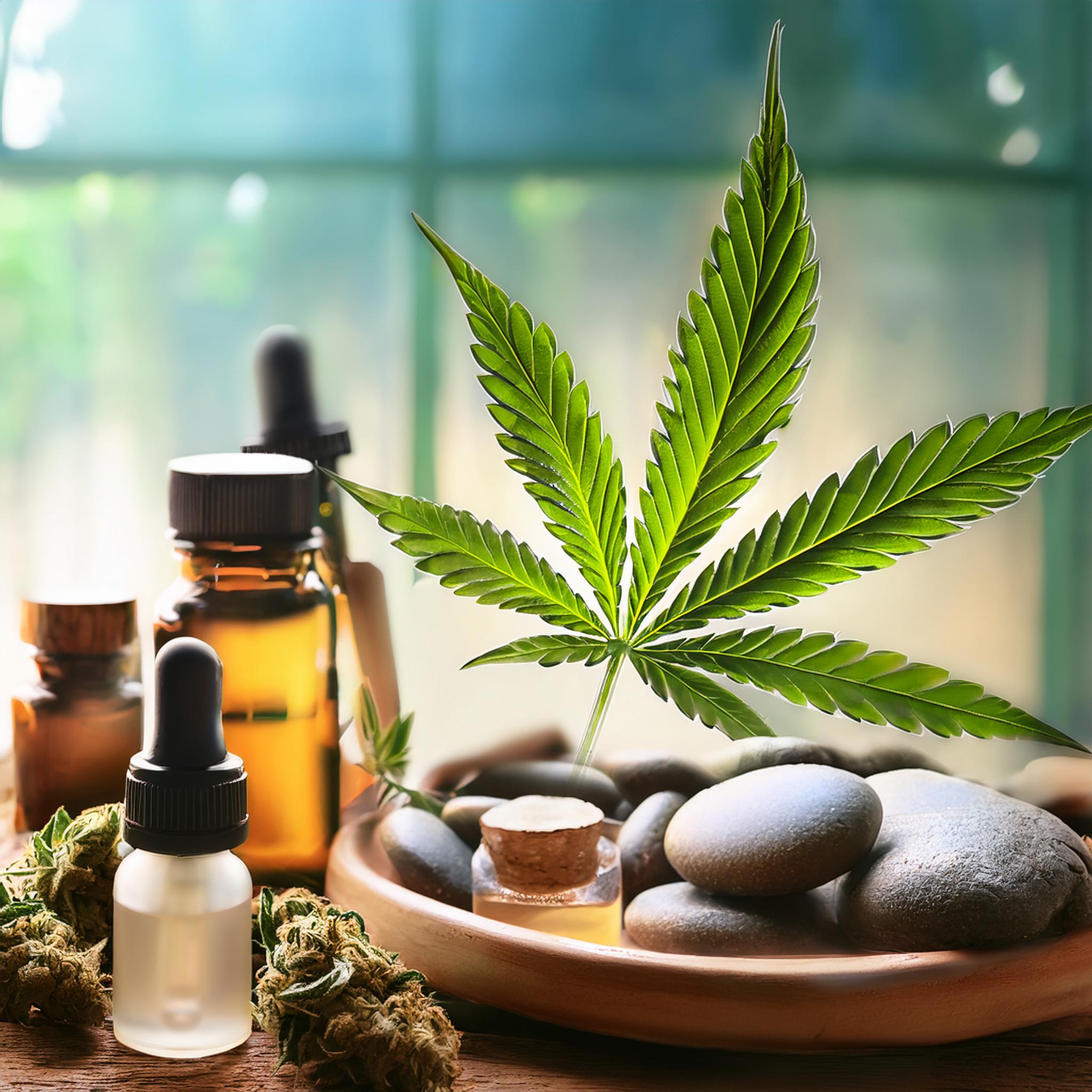Cannabis and Athletic Performance: Myths and Facts
Sep 10, 2024
With cannabis gaining popularity among athletes and fitness enthusiasts, there’s a growing conversation around its potential impact on performance and recovery. From aiding sleep to managing pain, the buzz surrounding cannabis—especially CBD—is real, but not all the claims are backed by science. Let’s take a look at some common myths and facts about cannabis in sports to separate truth from speculation.

Open Your Own Cannabis Dispensary
The Future of Cannabis Is Yours to Build.
Dreaming of owning a dispensary? Dr. Green gives you the tools to make it happen. Don’t wait, start your cannabis revolution now.
Myth 1: Cannabis Boosts Athletic Performance
Reality: There’s little evidence supporting the idea that cannabis, particularly THC, enhances performance. In fact, THC—the psychoactive compound in cannabis—may impair reaction times, coordination, and cardiovascular stability.
Studies suggest that cannabis use can reduce motivation and physical performance, especially in activities requiring strength or endurance.
While some athletes believe it helps them focus, the overall consensus from research is that THC is more likely to have a neutral or negative effect on performance.
It's also important to note that cannabis is still banned during competition by many sports organisations, including the World Anti-Doping Agency (WADA).
Myth 2: CBD Is a Miracle Recovery Tool
Reality: Cannabidiol (CBD), a non-psychoactive component of cannabis, has gained traction in the sports world for its potential to aid recovery.
CBD is legal for athletes under WADA guidelines, and many athletes use it to manage pain, reduce inflammation, and improve sleep. However, the evidence is still limited.
Preliminary studies show that CBD may help with sleep and anxiety management, but research specific to athletic populations is scarce. CBD has shown promise in helping with pain, but the effects are not always consistent.
For instance, in one study, only 14% of rugby players using CBD for pain relief reported a noticeable benefit. Clearly, more studies are needed to confirm its efficacy and safety for athletes.
Myth 3: Cannabis Helps with Sleep and Anxiety
Reality: Athletes often turn to CBD in hopes of improving sleep and reducing anxiety, particularly around competition. Although some research in non-athletic populations suggests that CBD may help with sleep disturbances and anxiety, the findings in healthy individuals are mixed.
One study showed that 160 mg of CBD helped individuals with sleep issues get more rest, but this effect wasn’t replicated in another study involving higher doses in healthy participants.
So while CBD shows potential, more research is needed to determine its true impact on sleep and anxiety in athletes.

Open Your Own Cannabis Dispensary
The Future of Cannabis Is Yours to Build.
Dreaming of owning a dispensary? Dr. Green gives you the tools to make it happen. Don’t wait, start your cannabis revolution now.
Myth 4: Cannabis is a Safer Alternative to Painkillers
Reality: Athletes often deal with chronic pain from injuries and intense training, leading some to turn to CBD as an alternative to non-steroidal anti-inflammatory drugs (NSAIDs) and opioids.
While CBD is less likely to cause addiction compared to opioids, its effectiveness as a pain reliever is still up for debate.
CBD’s potential to reduce inflammation is intriguing, but the studies are inconsistent. In some cases, low doses of CBD have had minimal effects, whereas higher doses may offer more relief but also come with increased risk of side effects.
It's also worth noting that CBD can interact with other medications, so athletes should consult a healthcare provider before incorporating it into their routine.
Myth 5: CBD Helps with Muscle Recovery
Reality: There’s a lot of excitement about CBD’s ability to help with muscle soreness after tough workouts. Unfortunately, the current research doesn’t strongly support these claims. Two preliminary studies found no significant improvement in muscle recovery or pain reduction with CBD.
While one study did suggest that CBD might reduce muscle damage, it also found a drop in strength levels. The effects of CBD on recovery seem to depend heavily on the dose and timing, making it difficult to recommend it as a reliable recovery tool for athletes just yet.
Myth 6: All CBD Products Are Safe and Legal for Athletes
Reality: While CBD itself is legal for athletes, not all CBD products are created equal. Many products may contain trace amounts of THC or other cannabinoids, which are prohibited by WADA. In a recent study, only three out of 25 CBD products contained what they claimed on the label.
Athletes need to be cautious and choose products that have been thoroughly tested and verified for purity. Unintentional ingestion of banned substances can lead to anti-doping violations and disqualification from competition.
Open Your Own Cannabis Dispensary
The Future of Cannabis Is Yours to Build.
Dreaming of owning a dispensary? Dr. Green gives you the tools to make it happen. Don’t wait, start your cannabis revolution now.
Final Thoughts
Cannabis and CBD hold promise for athletes, particularly when it comes to pain management and recovery. However, the research is still in its early stages, and athletes should proceed with caution.
While CBD may offer benefits like improved sleep and reduced anxiety, its impact on performance and recovery is not yet fully understood.
Always consult with a medical professional before incorporating cannabis into your fitness or recovery routine, and be aware of the legal implications in your sport.
In the end, the relationship between cannabis and athletic performance is complex and still largely misunderstood. Myths abound, but as more research is conducted, we’ll get a clearer picture of where cannabis fits into the world of sports.
